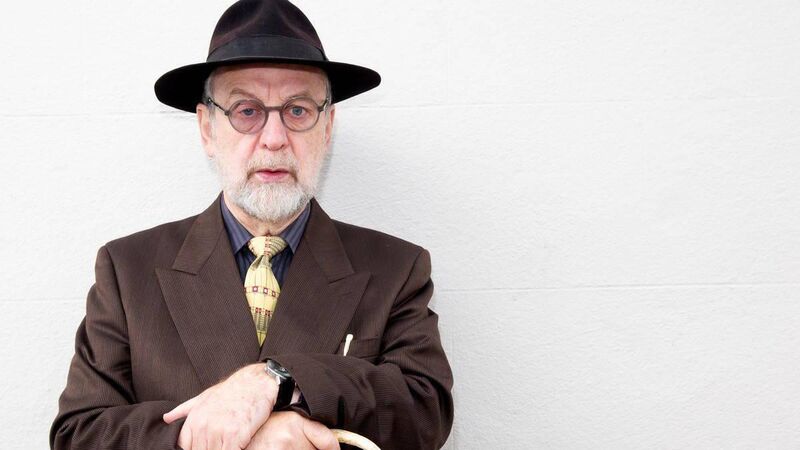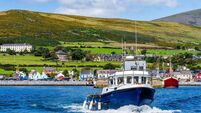Michael Harding: Walking alone on the Camino but carrying so many memories of my father

Michael Harding. Picture: Brian Farrell
I’ve written about my mother, and my childhood, and my beloved, and the cats and the trees and wild horses, but I have never written about my father.
So, on my 70th birthday I resolved to walk a short Camino in Spain sometime during the following 12 months: from Sarria to Santiago, echoing the pilgrims of history that made the journey to hear the great bell and see the magnificent thurible swing across the sanctuary in the cathedral dedicated to the apostle James.







